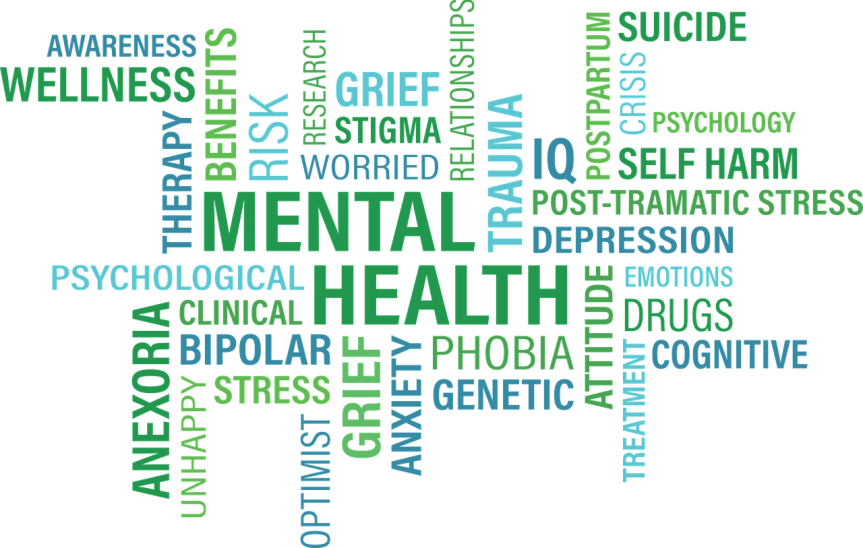
This post is copied from our older, original blog. Original post date 04/30/2013.
By Marcie Bower, Lic.Ac.
May is Mental Health Awareness Month, an important time to acknowledge health issues that too often go undiagnosed or untreated. Mental illness affects 1 in 4 Americans. “Mental illness” is an incredibly broad term, but essentially means a condition that “disrupts a person’s thinking, feeling, mood, ability to relate to others and daily functioning.” Mental illness, according to NAMI, includes anxiety disorders, autism spectrum disorders, bipolar disorder, ADD/ADHD, depression, dissociative disorders, eating disorders, obsessive-compulsive disorder, panic disorders, schizophrenia, and PTSD. For all of these disorders, when symptoms are interfering with your daily life, it is important to see treatment from a licensed mental health practitioner.
Acupuncture can work in conjunction with therapy and medication to manage symptoms of mental illness.
The relaxation benefits of acupuncture are well-known, and seem to be due to acupuncture’s ability to regulate hormonal pathways to decrease stress and anxiety. This makes it a helpful treatment for many mental illnesses. Increasing numbers of therapists and doctors are recommending that patients include acupuncture in a treatment regimen for anxiety and/or depression.
In clinical trials, acupuncture has been shown to be effective in reducing symptoms of depression when used in conjunction with antidepressants, symptoms of major depression in women, and depression in adults when compared to amitriptyline. Preliminary studies of acupuncture for ADD/ADHD have been positive, but further research is needed to fully understand how effective acupuncture can be in that instance. However, clinically, I see very positive results of acupuncture all the time when working with both adult and pediatric patients with ADD. Perhaps of all mental health issues, the most research regarding acupuncture has been done relating to PTSD. Acupuncture appears to be such a helpful therapy for those suffering from PTSD that the military is incorporating it into its recommended treatments for those suffering from trauma post-combat.
From an acupuncture perspective, treatment focuses on bringing the mind and body into harmony, and also on “calming the shen,” which means nurturing, anchoring, or supporting the emotional aspects of ourselves.
http://www.nasponline.org/resources/mentalhealth/mental-health-awareness-month.aspx
http://www.nami.org/Template.cfm?Section=By_Illness
http://www.jad-journal.com/article/S0165-0327%2899%2900061-0/abstract
http://pss.sagepub.com/content/9/5/397.short
http://europepmc.org/abstract/MED/9895187/reload=0;jsessionid=IeWfJcvOfawsLmcpHCL5.0
http://en.cnki.com.cn/Article_en/CJFDTotal-ZYHS200906031.htm
http://onlinelibrary.wiley.com/doi/10.1002/14651858.CD007839.pub2/abstract
http://www.samueliinstitute.org/about-us/press-room/systematic-review-acupuncture-for-post-traumatic-stress-disorder
http://www.statesman.com/news/news/local/military-tries-acupuncture-to-treat-troops-for-pts/nRtj7/

